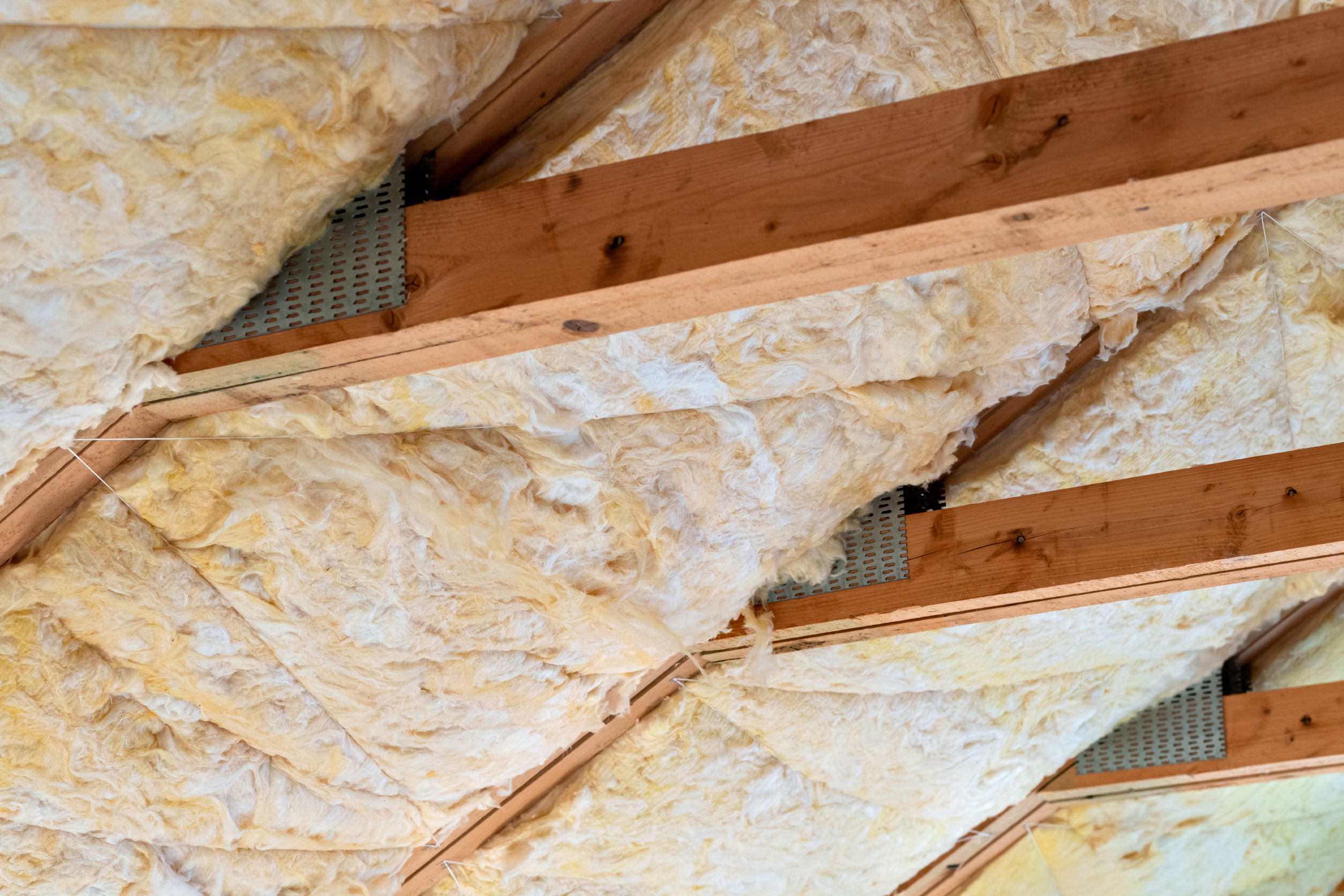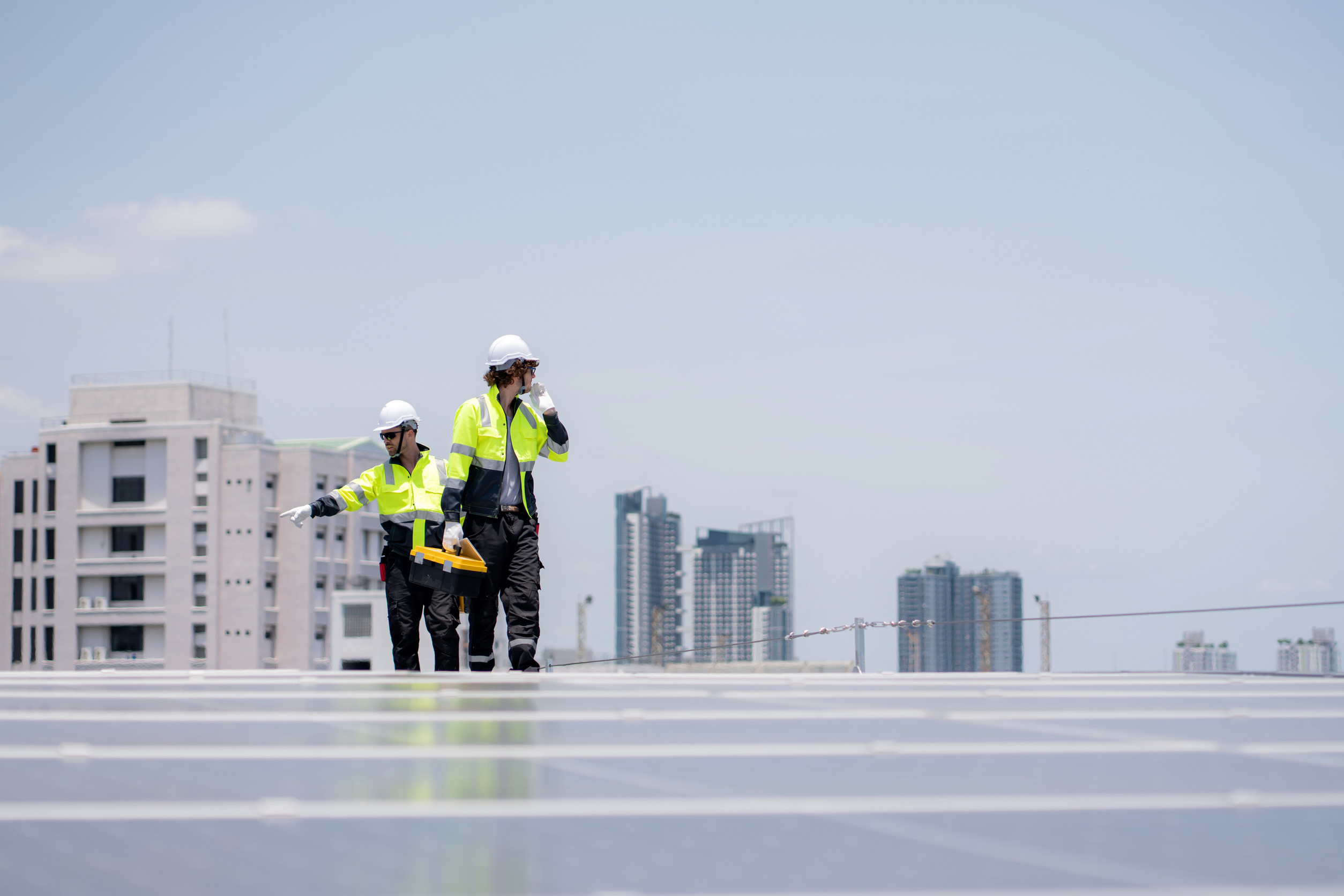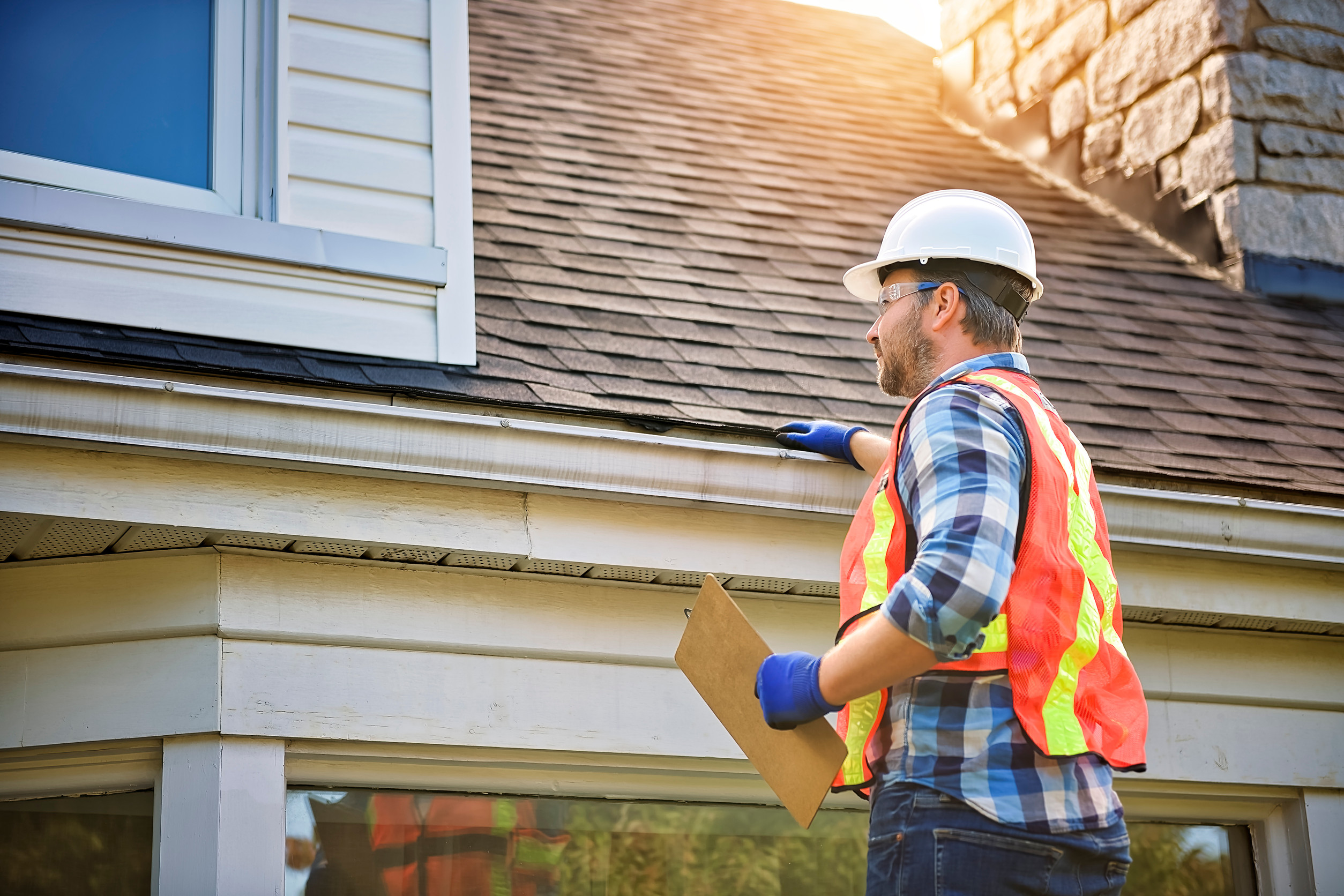Best Roofing Materials for Harsh Weather
Your roof is the first line of defense against the elements. Whether it is heavy rain, high winds, hail, or snow, the roofing material you choose can make the difference between long-lasting protection and costly repairs. For homeowners in East Tennessee, where weather patterns can be unpredictable, investing in the right roofing material is essential for protecting your home and saving money in the long run.
In this article, we will explore the best roofing materials for harsh weather, evaluate their strengths and weaknesses, and help you make an informed decision for your next roof replacement or installation.
Why the Right Roofing Material Matters
Not all roofing materials perform the same in extreme conditions. Some are prone to cracking under freezing temperatures, while others may blow away during strong winds. By choosing the right material, you can extend your roof’s lifespan, lower maintenance costs, and keep your family safe.
If you are unsure which material suits your home best, scheduling a roof inspection is an excellent first step. Professionals can assess your current roof’s condition and recommend upgrades that withstand your area’s specific climate challenges.
Asphalt Shingles – Affordable and Versatile
Pros:
- Cost-effective and widely available
- Easy to install and replace
- Available in impact-resistant and wind-resistant varieties
Cons:
- Lifespan is shorter than premium materials (15–30 years)
- May lose granules in heavy storms
Asphalt shingles are one of the most popular roofing materials in Tennessee. For harsh weather, homeowners should consider impact-resistant shingles, which are specifically designed to withstand hail and strong winds. Some asphalt shingles are rated to resist wind speeds up to 130 mph, making them a reliable choice for storm-prone regions.
While asphalt may not last as long as metal or tile, it provides an excellent balance between affordability and durability. Many homeowners choose asphalt shingles because they offer decent protection without breaking the budget.
Metal Roofing – The Top Choice for Durability
Pros:
- Extremely durable, lasting 40–70 years
- Excellent wind resistance (up to 140 mph or more)
- Reflects sunlight, improving energy efficiency
- Low maintenance
Cons:
- Higher upfront cost compared to asphalt
- Can be noisy during rain without proper insulation
Metal roofing is becoming increasingly popular for homes in East Tennessee. Known for its strength, a properly installed metal roof can withstand severe storms, heavy snowfall, and even fire hazards. Unlike shingles, metal panels are less likely to blow off during windstorms.
Additionally, metal roofs shed snow and ice easily, reducing the risk of roof collapse in colder climates. They are also resistant to mold, mildew, and pests, which further increases their longevity.
For homeowners interested in a long-term solution, metal roofing services from experts like RC Roofing can provide unmatched durability and peace of mind.
Slate Roofing – Timeless and Weatherproof
Pros:
- Extremely long-lasting (75–100 years or more)
- Naturally resistant to fire, wind, and moisture
- Elegant and timeless appearance
Cons:
- Very heavy; requires reinforced roofing structure
- Expensive to purchase and install
Slate roofing is often considered the gold standard for luxury and resilience. In areas with harsh weather, slate performs exceptionally well because it is a natural stone material. It resists water penetration, withstands freezing and thawing cycles, and is almost indestructible in high winds.
The main drawback is cost. Slate is one of the most expensive roofing options and may require structural reinforcement due to its weight. However, for homeowners seeking a once-in-a-lifetime roof, slate offers unmatched beauty and durability.
Clay and Concrete Tile Roofing – Strong in Extreme Heat and Storms
Pros:
- Very durable, with lifespans of 50+ years
- Resistant to rot, fire, and insects
- Provides excellent insulation
Cons:
- Heavy; may need structural reinforcement
- Can be brittle and break under impact
Clay and concrete tiles are especially beneficial in hot climates because they reflect sunlight and regulate indoor temperatures. However, they also perform well against heavy rains and high winds when installed correctly.
These roofing materials are a favorite in hurricane-prone areas because of their weight and resistance to uplift. While they may not be as common in Tennessee as asphalt or metal, they remain a solid choice for homeowners seeking longevity.
Synthetic Roofing Materials – Innovation for All Climates
Pros:
- Designed to mimic slate, wood, or tile
- Lightweight compared to natural counterparts
- Strong resistance to wind, hail, and fire
Cons:
- Higher upfront cost than asphalt shingles
- Limited long-term track record compared to traditional materials
Synthetic roofing is gaining traction as a versatile option for homeowners facing harsh weather. Materials like synthetic slate or composite shingles are engineered to provide the look of luxury roofing with improved durability and reduced weight.
For example, synthetic slate offers similar weather resistance as natural slate but without requiring additional roof reinforcement. This makes it a practical choice for homeowners who want both style and resilience.
Wood Shingles and Shakes – Natural Beauty, But Limited for Harsh Weather
Pros:
- Attractive, rustic appearance
- Provides good insulation
Cons:
- Susceptible to fire, rot, and insect damage
- High maintenance requirements
- Shorter lifespan in wet or stormy climates
Wood roofing is less common in areas prone to harsh weather because it requires constant upkeep. While cedar shakes can resist some insects and moisture, they are not ideal for regions with frequent storms or high humidity. For Tennessee homeowners, wood shingles may not be the best long-term investment.
Comparing Roofing Materials for Harsh Weather
When comparing roofing materials, homeowners should consider several factors:
- Durability: Metal, slate, and tile outperform asphalt and wood.
- Wind Resistance: Metal and impact-resistant shingles are excellent.
- Lifespan: Slate and tile can last over 50 years, while asphalt offers a shorter lifespan.
- Cost: Asphalt is most affordable, while slate is the most expensive.
- Maintenance: Metal requires little maintenance, while wood requires the most.
Ultimately, the choice depends on your budget, design preference, and how much long-term protection you want.
Importance of Professional Installation
Even the best roofing material will fail if not installed properly. Harsh weather can expose weaknesses in poor workmanship, leading to leaks, water damage, and costly repairs. That is why choosing a reputable roofing contractor is just as important as selecting the right material.
At RC Roofing, we specialize in professional installation for a wide range of roofing materials. Our team ensures that each roof is designed to handle East Tennessee’s unpredictable weather while providing lasting protection.
Regular Maintenance and Inspections
In addition to selecting the right roofing material, ongoing maintenance is crucial for maximizing your roof’s lifespan. Scheduling roof inspections allows professionals to detect and fix small issues before they turn into costly damage.
Simple maintenance steps like cleaning gutters, checking flashing, and replacing loose shingles can make a significant difference in how well your roof handles storms and harsh conditions.
Final Thoughts
Choosing the best roofing material for harsh weather is an investment in your home’s safety and value. Asphalt shingles provide affordability with reliable protection, while metal, slate, and tile offer premium durability and longevity. Synthetic materials are also emerging as a versatile choice for homeowners who want strength and style.
No matter which material you choose, partnering with a trusted roofing contractor like RC Roofing ensures expert installation and maintenance, giving your home the best defense against unpredictable weather.
Frequently Asked Questions
1. What roofing material is best for areas with strong winds?
Metal roofing and impact-resistant asphalt shingles are excellent for high-wind regions. Both can withstand winds up to 130–140 mph when properly installed.
2. How long does a metal roof last compared to asphalt shingles?
A metal roof typically lasts 40–70 years, while asphalt shingles last around 15–30 years depending on quality and maintenance.
3. Are slate roofs worth the higher cost?
Yes, slate roofs can last over 100 years, resist fire, moisture, and wind, and offer timeless beauty. However, they are heavy and require structural reinforcement, making them a premium option.
4. Do synthetic roofing materials hold up in harsh weather?
Yes, synthetic roofing materials are designed to mimic slate, tile, or shakes while being lightweight and highly resistant to wind, hail, and fire.
5. What is the most affordable roofing material for storm protection?
Asphalt shingles are the most budget-friendly choice. Homeowners should choose impact-resistant shingles for added protection in severe weather.
6. How often should I have my roof inspected in harsh climates?
It is recommended to have a professional roof inspection at least once a year and after major storms to catch damage early.
7. Can heavy snow damage certain roofing materials?
Yes. Asphalt shingles and wood shakes may suffer under heavy snow, while metal roofing sheds snow easily, reducing the risk of collapse or leaks.
8. Do clay or concrete tiles work well in Tennessee weather?
Clay and concrete tiles provide excellent durability against rain, wind, and heat. However, they are heavy and may require additional structural support.
9. Are wood shingles good for areas with frequent storms?
Not typically. Wood requires high maintenance and is vulnerable to moisture, insects, and fire, making it less ideal for storm-prone regions.
10. How do I know which roofing material is right for my home?
The best material depends on your budget, climate, and design preferences. Scheduling a professional roof consultation







